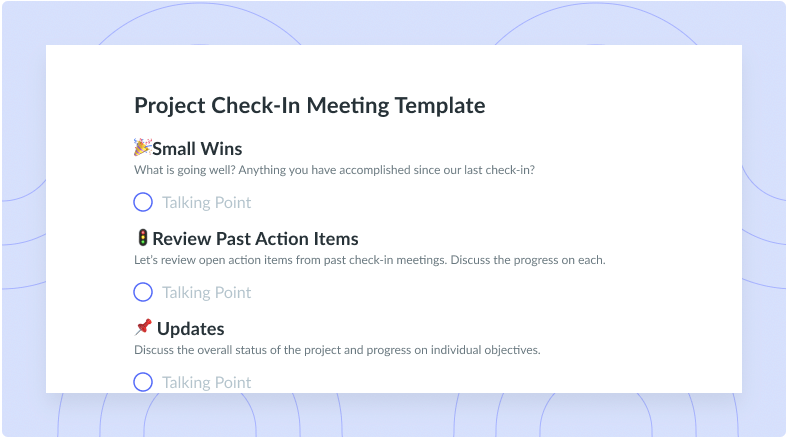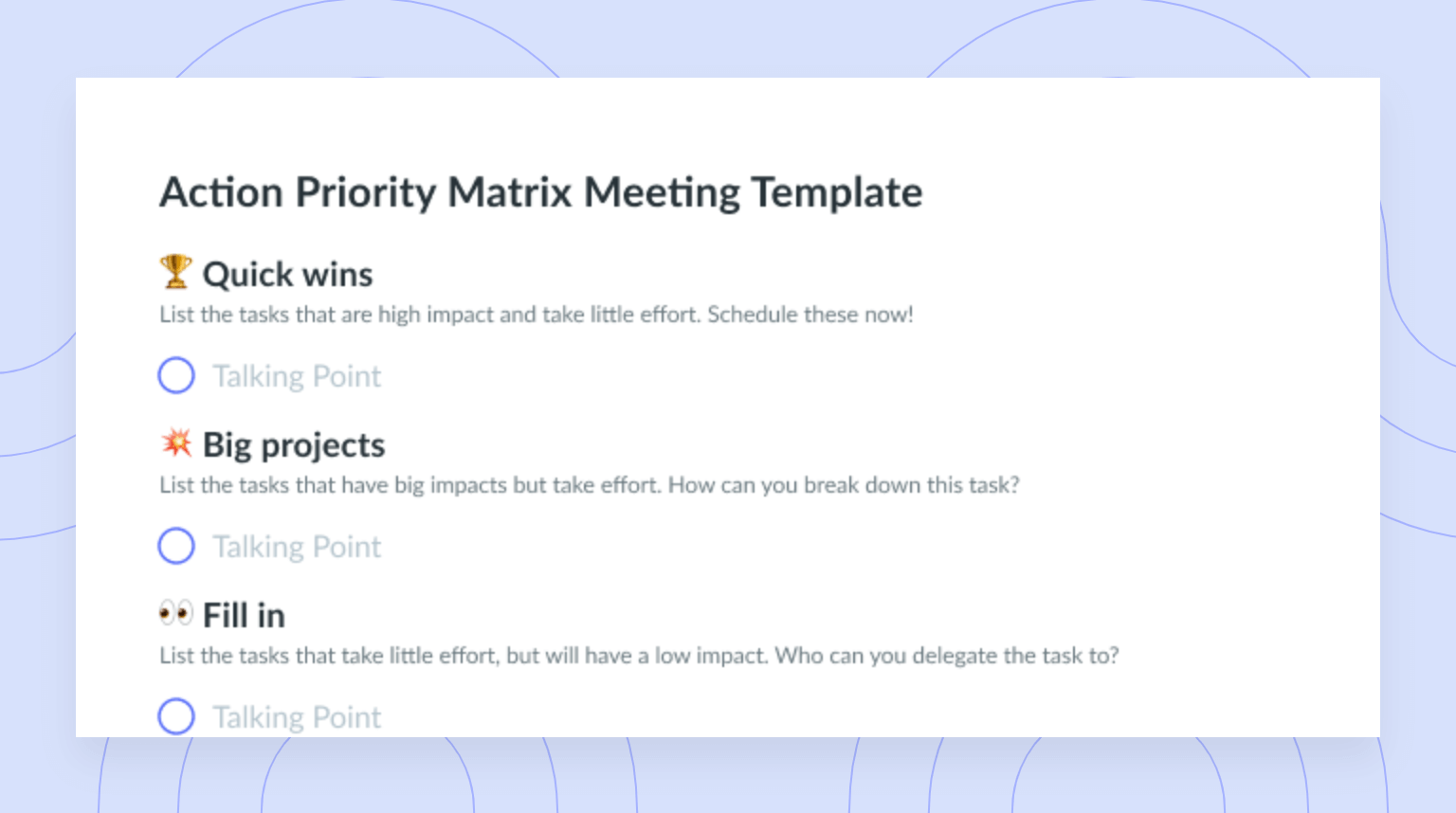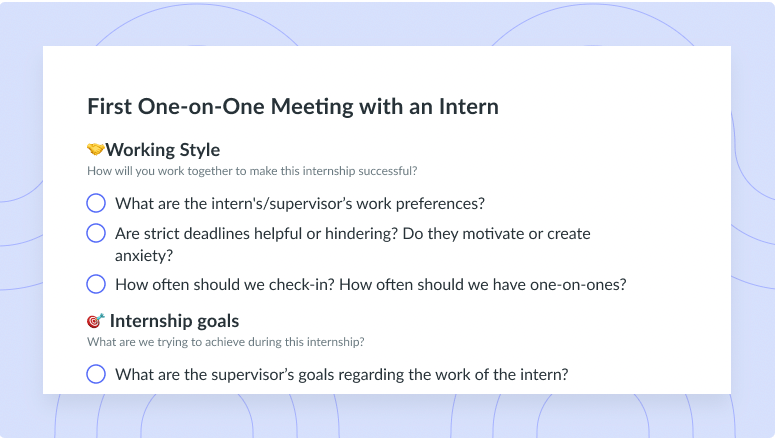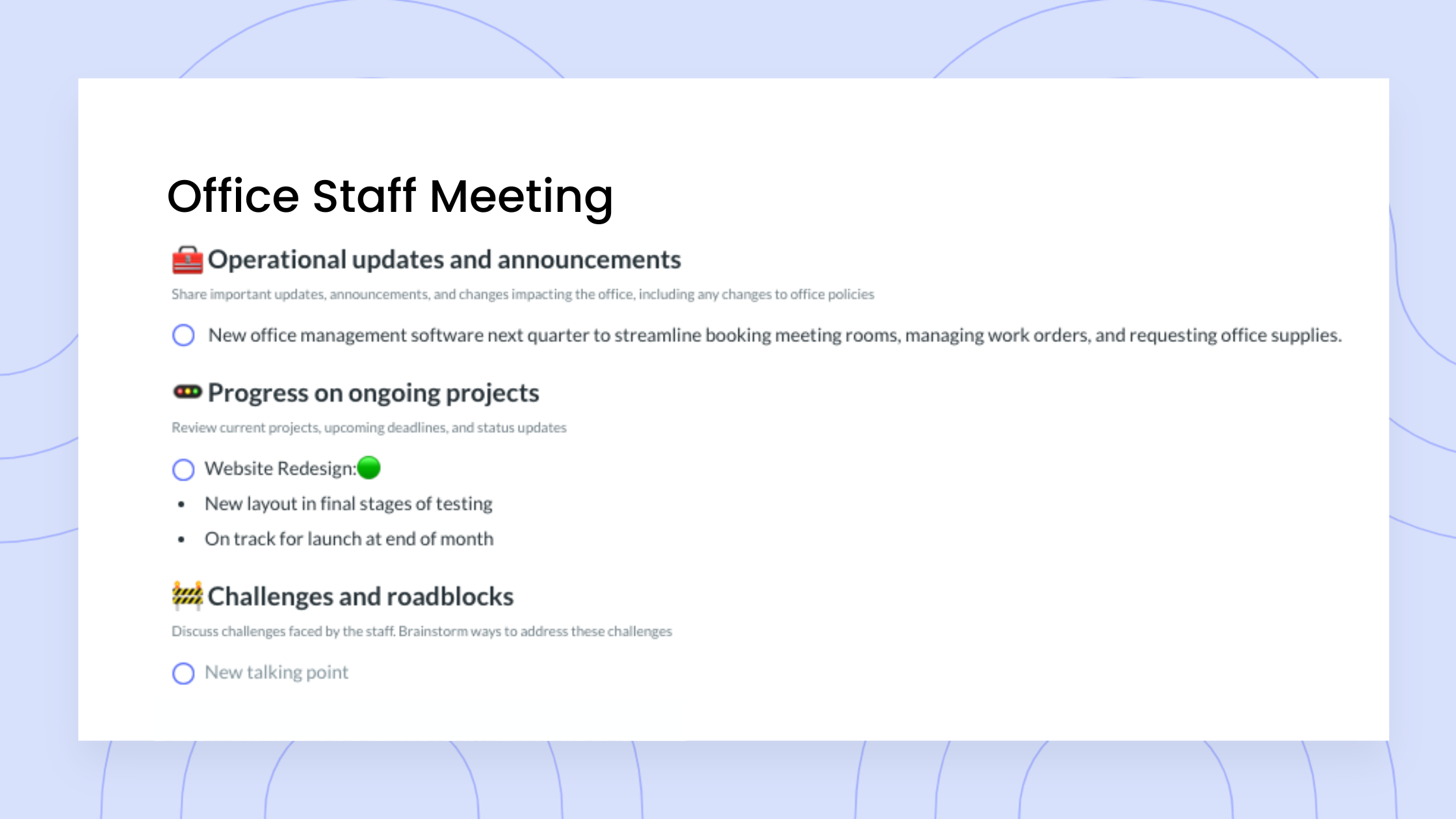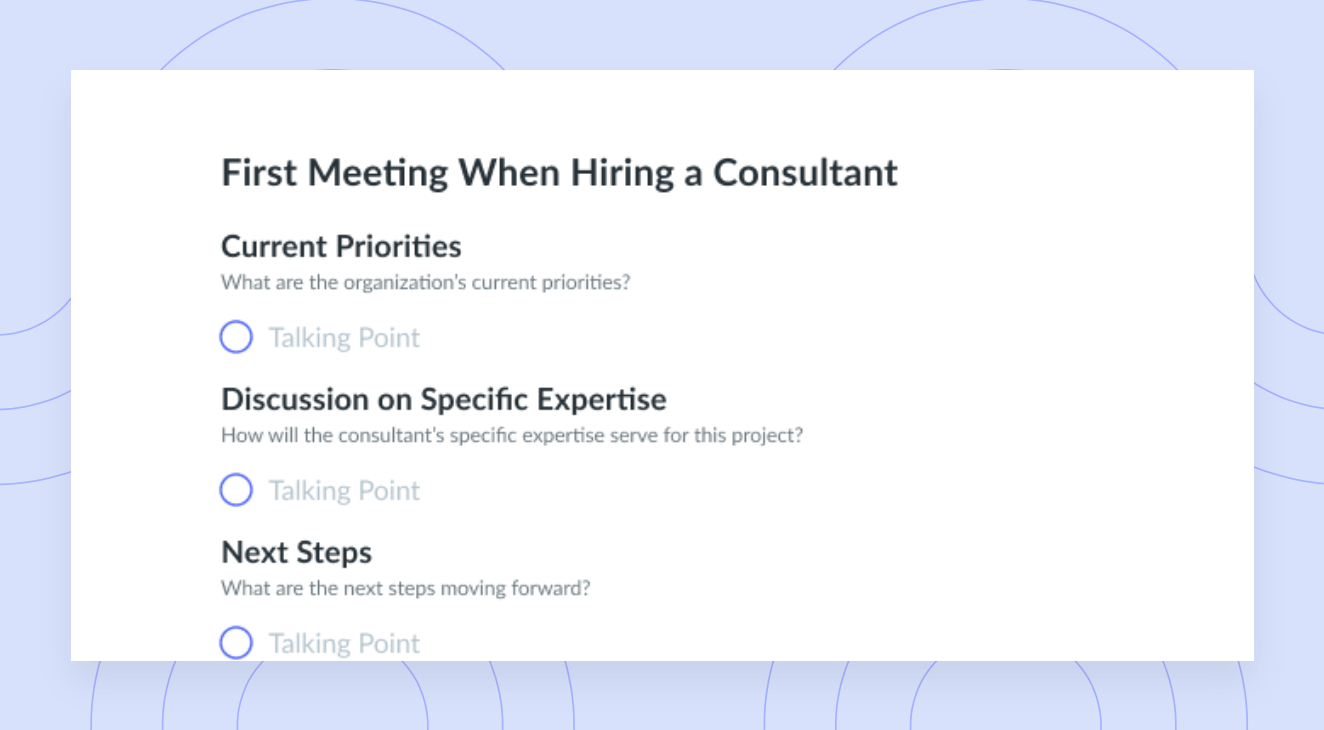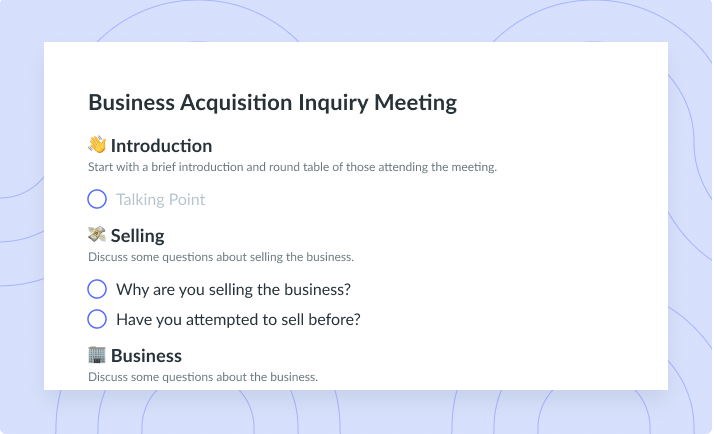7 Tips to Meet Your Deadlines Every Time
Meet your deadlines every time with these 7 tips to keep you on track and organized and some reasons why your deadlines aren't getting met.
“Hey! Where is X that we talked about last week?”
Most of us have heard it before, and our hearts have dropped at the question.
“Right,” we think.
And we finally remember that task that never made it to the top of the to-do list because it got stuck under all those other high-priority tasks. It was forgotten, and now it’s delayed, possibly even delaying dependent tasks following it.
If you’ve found yourself in this situation before and you’re not exactly sure why, it’s time to start looking at deadline management.
- What is deadline management and why should you care about it?
- 7 tips for deadline management
- Reasons you might be missing deadlines
What is deadline management and why should you care about it?
Deadline management means ensuring that all your project tasks are delivered on time (or even earlier than the due date).
Meeting your deadlines is important for school, for work, and even in your personal life—think paying taxes and bills and getting your car and house maintenance done. Being able to plan and complete projects on time is part of creating an efficient, organized, and growth-driven environment for yourself and those around you.
Here we’re sharing a few tips to make sure you stay on track with your deadlines, and some insights into why you might have been missing them in the past.

Stay on track
Keep all your action items and tasks in one place so you never lose track of deadlines. Try a tool like Fellow!

7 tips for deadline management
- Create a timeline
- Create sub-tasks
- Prioritize overlapping or competing deadlines
- Do daily self check-ins
- Use a master to-do list
- Use a management software
- Don’t change the deadline
1 Create a timeline
This step is essential: building a timeline for your project helps you understand the starting point, ending point, and milestone points along the way. Even for a simple project, it’s helpful to break down a task into smaller segments and have separate due dates for each of these segments.
Having these smaller segments to tackle means you have a quantifiable way to identify if you’re on track or not. It’s better to find out midway through your timeline that you’re behind schedule than just before the due date! If you can catch delays early on, you have a higher chance of mitigating them successfully and still delivering that project on time.
2 Create sub-tasks
Breaking down your project into sub-tasks helps you see each step that’s required along the way. Even for smaller projects, creating smaller to-do’s midway through the project is important.
Some good sub-tasks may include:
- Project briefing or kick-off meetings
- Check-in meetings
- Management approval milestones
- Feedback rounds
3 Prioritize overlapping or competing deadlines
When managing multiple projects, you may run into overlapping or competing deadlines. These occur when two or more projects or tasks are due at the same time. Because of this overlap, your team may not have enough resources (human, financial, or otherwise) to complete the tasks on time.
Thinking ahead with your scheduling is an important step to catching this issue early on.
To keep yourself on schedule, don’t be afraid to say no to a task that isn’t an absolute priority. Ruthlessly prioritizing your to-do list enables you to cut out other deadlines and focus on those mission-critical activities.
4 Do daily self check-ins
To keep track of progress, do daily check-ins with yourself. After all, what’s the point of creating a timeline if you won’t be checking in with it?
For some people it can be hard to remember to check in with their schedule or continuously reflect on their progress. If this sounds like you, we’d recommend looking into a notification tool or management software (see more below) that can remind you to update your project status activities.
Alternatively, if you’re working with a team member on your project you can make an agreement to hold each other accountable. Regular check-in meetings together can go a long way toward being on the same page and meeting deadlines.
5 Use a master to-do list
Using a master to-do list to organize multiple projects (each with many sub-tasks!) is beneficial to coordinating all your work in one place.
Many project management tools have integrations to link together. So, if you’re working in different platforms across teams (or if you just have a different preferred management software), you can still exchange knowledge, view all pending tasks, and manage a combined calendar with all relevant deadlines.
6 Use a management software
Management softwares come in all shapes and sizes. Fellow is one example of a management tool that helps you organize meetings, maintain meeting agendas, and manage upcoming project deadlines.

7 Don’t change the deadline
Your deadline is your deadline, the due date, the final day for submission. Whatever you want to call it, you need to view it as a rock solid, brick wall.
While your deadline is technically moveable if a project has an unexpected risk arise, you don’t want to plan for moving your deadline. Planning to move it leaves a hidden expectation in the back of your mind that you can take more time than needed to do your task, with little consequence.
Having the mindset that the deadline is solid and immoveable will help you stay more aligned with your timeline.
Reasons you might be missing deadlines
1 Unclear due dates
If you’re not sure what your due date is, it’s going to be hard to plan. Having clear start and end points to your project will help you build a structured timeline with clear milestone dates.
Unclear due dates often arise from informal conversations with team members or from not setting action items during meetings. That said, make sure you end all of your project meetings and check-ins with a defined list of things to do, and include the deadlines.
2 Lack of clarity
Similar to not having your project due dates figured out, not having clarity on what you’re actually doing can negatively impact your deadline management process.
Having a clear sense of project goals, tasks, and assigned responsibilities ensures that team members (yourself included) are aware of what they need to do next.
For your own deadline management, you can take the responsibilities and deadlines assigned to you and add them to your timeline. Remember to break down bigger tasks into smaller, measurable sub-tasks that can be part of your timeline management.
3 Lack of accountability
If you know what needs to be done and when, then it’s critical that you also determine who needs to do it.
If your project involves multiple people or teams, have a common document to list responsibilities, deadlines, and tasks in one place. Doing so is a great way to ensure people can hold each other accountable, as everyone knows what’s supposed to be done by each member of the group.
If you’re working alone, hold yourself accountable with daily check-ins on your timeline. If this is something you struggle to do, set reminders to check in or ask your manager to set more frequent check-ins with you.
4 Lack of organization
Projects have so many components. And since we’re humans, not robots, it’s probably not possible that we can actually manage all of the to-do’s and requirements in our heads alone.
Not having an organization system can be the demise of your project. Information can go missing, data may not be updated, or tasks may just get forgotten.
Setting yourself or your team up with a project management software can enable a higher chance of successful deadline management. It can track the “who,” “what,” and “when” for your project, and can keep people accountable through notifications.
5 Overwhelming workload
The famous Jam Experiment presented shoppers at a local grocery store with 24 jams to sample, and later presented shoppers at the same store with 6 jams. Turns out, shoppers were much more likely to buy when presented with less options. Lesson learned: it’s easier to make decisions when you have less options to choose from.
While organizing your projects isn’t the same as selling jams, you’ll certainly benefit from limiting how many things you have going on at once. Putting more time and energy into fewer tasks can help you reap better results from each project.
Parting advice
A successful project or task is one that’s delivered on time, within scope, and under budget. Meeting your deadlines is a crucial step to ensuring the “time” portion of your project.
Whether you’re working in a team or alone, it’s helpful to set up a routine that’s easy to manage long term. Most deadline management skills will develop into habits when practiced consistently, and over time they’ll make you a better project manager in school, work, and life!









